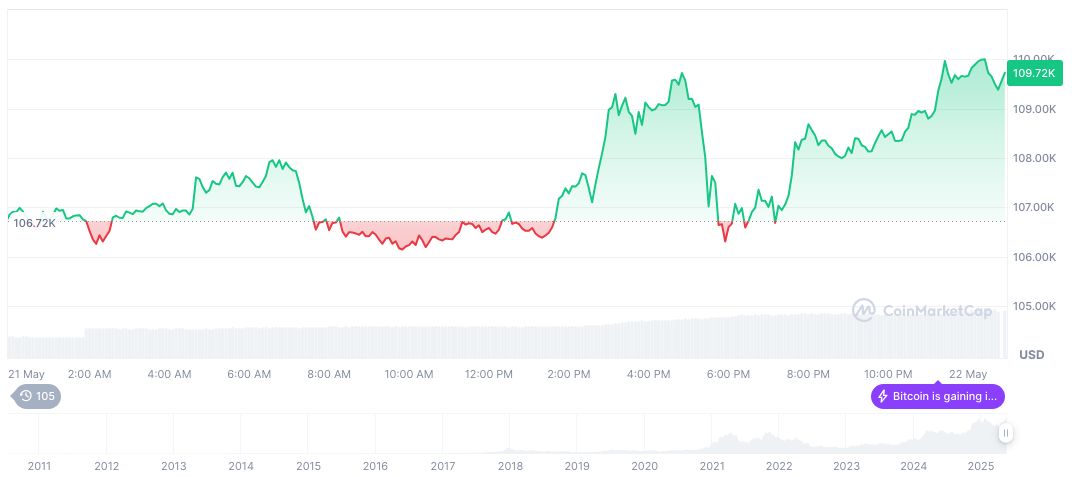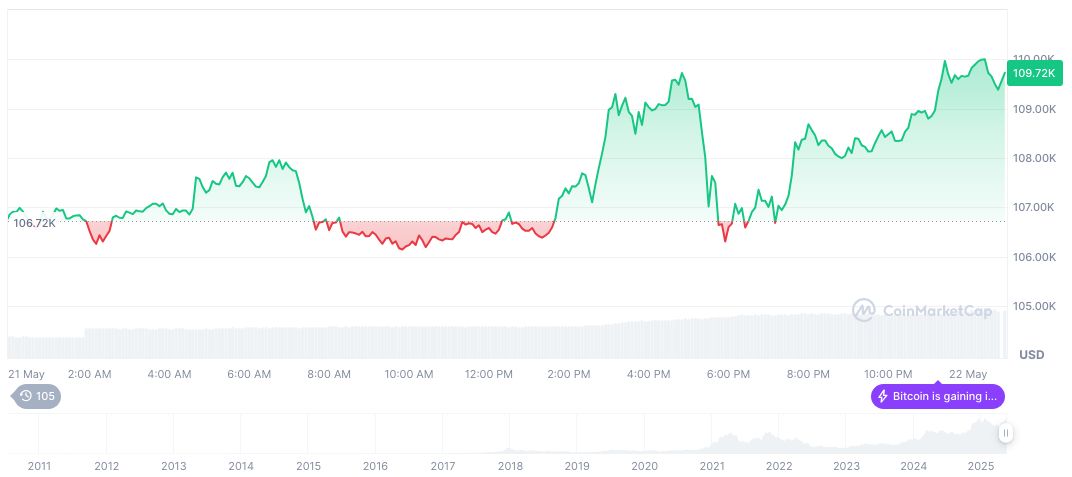- Four bills address Bitcoin investments, CBDC opposition, and mining incentives.
- Legislation encourages Bitcoin mining at environmental remediation sites.
- Public retirement funds investment in Bitcoin via regulated products enabled.
The Michigan House of Representatives has introduced four bills focused on cryptocurrency, aiming to permit investments in Bitcoin and oppose CBDC. This legislation highlights Michigan’s proactive approach to digital assets and reflects broader trends in state-level regulatory stances on cryptocurrency.
Michigan’s legislative package includes HB 4510, allowing state public retirement funds to invest in Bitcoin through regulated exchange-traded products. HB 4511 prohibits state support for Central Bank Digital Currency (CBDC) initiatives, emphasizing Michigan’s resistance to governmental digital currencies. HB 4512 and HB 4513 provide tax incentives for Bitcoin mining at environmentally remediated sites, promoting sustainable mining practices.
Michigan’s New Laws: Bitcoin Investments & CBDC Prohibition
The proposed bills mark a turning point in Michigan’s stance on digital currencies. David Sacks, White House Head of Artificial Intelligence and Cryptocurrency Affairs, stated, “My appointment underscores the government’s commitment to shaping a robust regulatory framework for cryptocurrency” David Sacks praises Bitcoin. Retirement funds gaining access to Bitcoin signifies increasing acceptance of cryptocurrency in traditional finance. The opposition to CBDC underscores a preference for decentralized financial systems over centralized digital currencies.
This legislative package has elicited varied reactions. Bitcoin enthusiasts endorse the retirement fund proposal, while some officials express concerns about potential environmental impacts of mining. Industry observers highlight Michigan’s approach as a potential blueprint for other states considering similar measures.
Insights from the Coincu research team suggest these legislative efforts could bolster Bitcoin’s integration into traditional finance, providing a framework for balancing innovation and regulation. By addressing environmental concerns tied to mining, Michigan’s actions could resonate in shaping federal-level approaches to crypto governance.
Historical Context, Price Data, and Expert Insights
Did you know? The Michigan Bitcoin mining legislation encourages utilizing abandoned oil wells, showcasing an innovative approach to integrating renewable energy solutions in cryptocurrency mining contexts.
Bitcoin (BTC) currently trades at $110,927.25, with a market cap of $2.20 trillion and a 24-hour trading volume of approximately $92.49 billion, as of May 22, 2025, according to CoinMarketCap. The price has risen by 4.10% over the past 24 hours and by 31.06% over 60 days, maintaining a market dominance of 63.07%.
Insights from the Coincu research team suggest these legislative efforts could bolster Bitcoin’s integration into traditional finance, providing a framework for balancing innovation and regulation. By addressing environmental concerns tied to mining, Michigan’s actions could resonate in shaping federal-level approaches to crypto governance.
Source: https://coincu.com/339091-michigan-house-opposes-cbdc/

